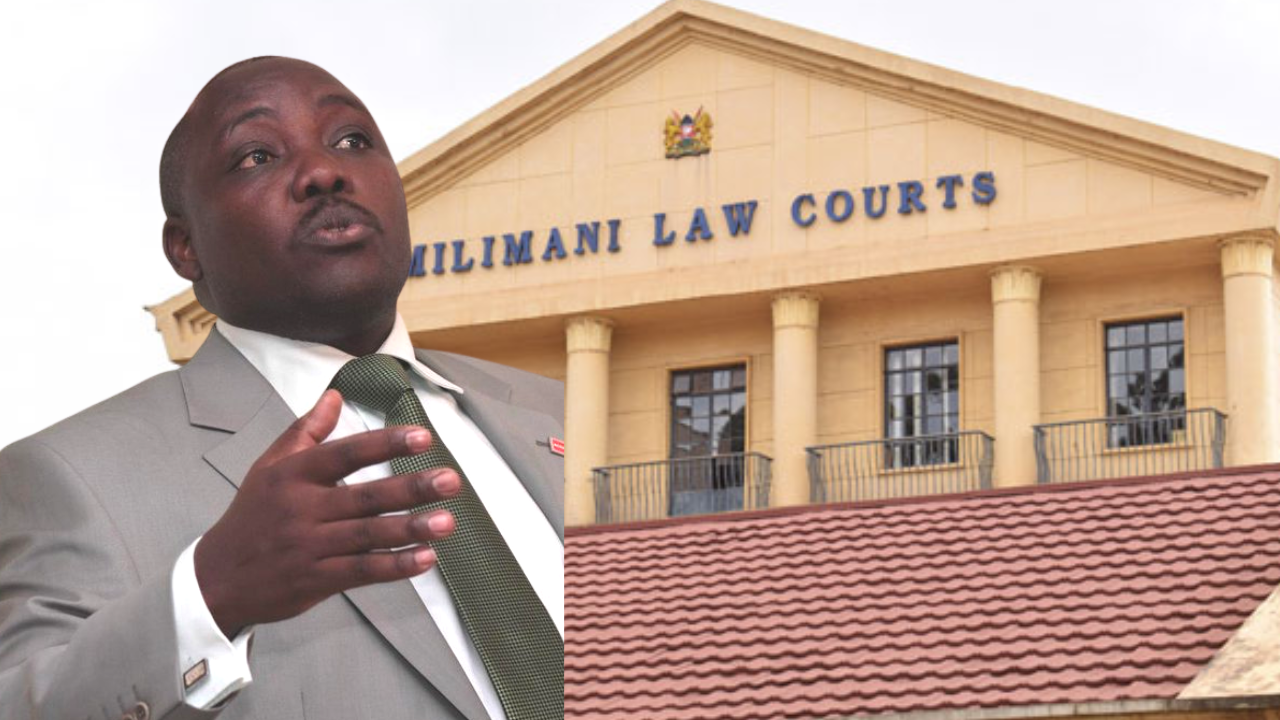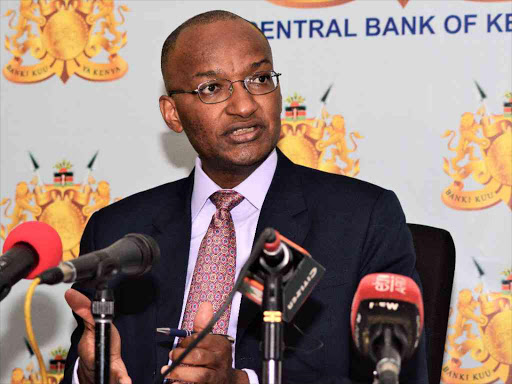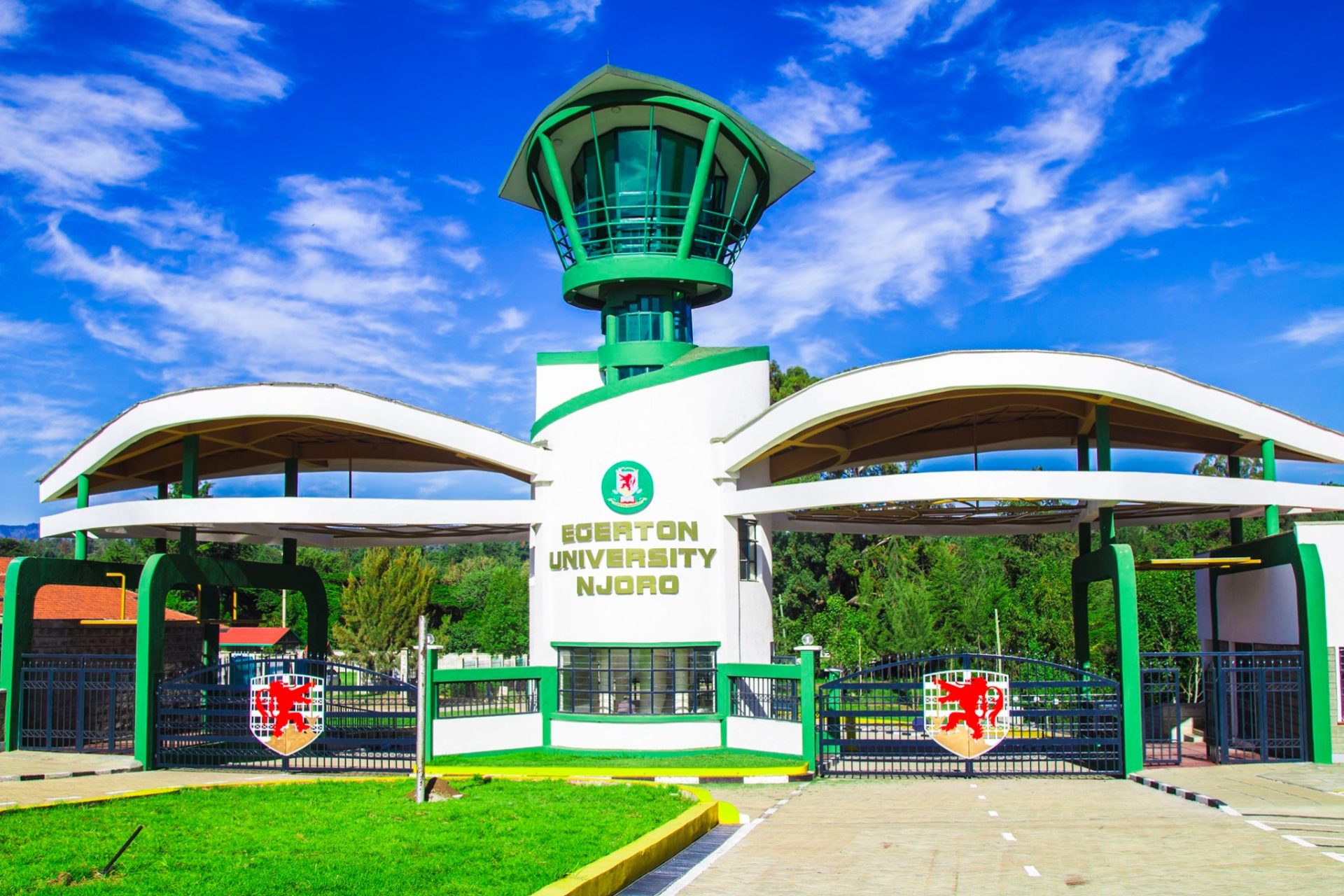John Ngumi, an ally of former Kenyan President Uhuru Kenyatta, faced difficulty explaining to MPs how he received Sh415 million as a transaction advisor for the Sh6.2 billion Telkom Kenya buyout by the government.
Ngumi appeared before the Joint Committee of Finance and National Planning and Communication, Innovation and Information Committee of the National Assembly.
During the questioning, Ngumi informed Members of Parliament that he was paid the lump sum for being the best in the market.
“For Helios to invest it needs to have the highest possible level of advice it can get in order not to make a mistake. You are looking at an investing anywhere around 10M dollars or 500M dollars you can’t afford to make a mistake,” Ngumi said.
Lawmakers raised questions about the payment of $10 million to Ngumi for serving as a transaction advisor for five months. They questioned how the payment was awarded to Ngumi.
“What kind of skills did you possibly bring on board in these transactions that had an investment banker, lawyers that would make you be paid Sh 350M?” the Chair of Finance Committee Kimani Kuria asked.
Kitui Rural MP, David Mbooni, has raised concerns why Ngumi was contracted by Jamhuri Limited solely for transaction advisory services, instead of engaging his company, Eagle Africa Capital Partners.
Mbooni questioned the decision made by Jamhuri Limited and sought clarification on why his company was not considered for the transaction advisory services.
It is not clear whether Jamhuri Limited provided a response to Mbooni’s query, nor is it clear if any action was taken to address his concerns.
“You are the owner of Eagle Africa Capital Partners but this contract you have with Jamhuri holding is a contract between you as a person and Jamhuri? Why is that? Why did they contract Eagle Partners and not you?” Mbooni posed.
A section of MPs suggested that an ally of former President Uhuru Kenyatta had urged Jamhuri Limited to sell Telkom Kenya for a large sum. Ngumi, on the other hand, informed legislators that he had previously worked with Helios Invest, the parent company, and was confident he could guide Jamhuri Limited in exiting the Kenyan market effectively.
“Helios and Jamhuri approached me, I didn’t approach them. They approached in 2021 because I was the existing advisor with Helios with a mandate to work on specific transactions,” Ngumi said.
“They approached me with an angry narrative, its was an angry company. This company felt it had come to Kenya on basis of certain undertakings but it was not the case.”

“This is nonsense, what are we doing here. We made at Equity and Flamingo, why are we wasting time here and being treated as if we are not a 60 percent shareholder as if this company is not our company,” Ngumi argued.
The government’s acquisition of Telkom Kenya has sparked controversy. On August 5, 2022, the Treasury withdrew Sh6.09 billion and paid Jamhuri Holdings Ltd, a Mauritius-based subsidiary of Helios, citing Article 223 of the Constitution.
Nyakangó, however, revealed to the committee that the National Treasury bypassed her in the transaction. The Controller of Budget must approve cash withdrawals from the government’s accounts and has the power to block access to funds suspected of breaching the law.
Nyakang’o stated in March that she did not approve the withdrawal of billions to buy out Telkom Kenya from Helios Invest.
“I rejected some of the withdrawals including the Sh6,091,140,702 that was funding to cater for the exit of Helios Investment in Telkom Kenya Ltd. And this was in writing,” said Nyakang’o.
Article 223 of the Constitution allows the Treasury to spend on emergencies by withdrawing funds from the Consolidated Fund without Parliament’s approval. The Treasury must report this spending to the House for regularization, as required by the law.













